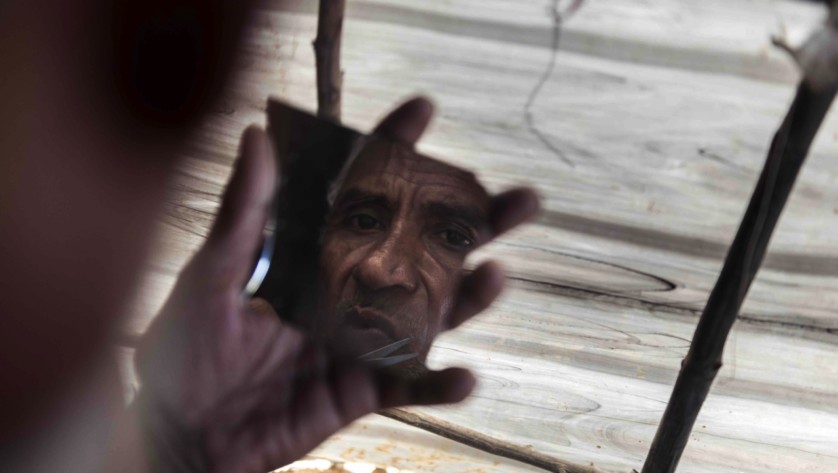With her one-and-half-year-old daughter in her arms, and a five-year-old stepson at her side, Hasina Begum walked five days to reach Bangladesh. They left the same day her husband, Abudul Jalil, disappeared. It was the day before Eid in 2017 and Abudul had gone to market looking for work. Hearing that her husband had been killed, the 25-year-old widow had only enough time to pack a change of clothes for her children before heading for the border.
“It took us 5 days to come here, and we had a lot of trials on the way: In the middle of a storm, with little children among us,” her fragile voice trembling as she mustered the strength to tell her story. “No rice to eat, no water to drink, no chance to sleep. We had to lie on the road. Some lay on hay.
“We were outside so I couldn’t [breastfeed] my child. I couldn’t bathe my children, or give them milk. I myself couldn’t eat. Since we couldn’t feed our children on time, when we could feed them, they drank too much and then would start vomiting.
The baby became almost like a corpse. [When we arrived here], they took us to the hospital and gave us medicine. After water, injections and medicine we felt better.”
‘I can’t tell anyone’
For Hasina, everyday brings worries: about the vulnerability of her home to storms, about how to find clean water and about her five-year-old stepson who has to venture out to find firewood at the outskirts of the camp, where children have reportedly been hurt or disappeared.
“I am a mother, how could I let him go there? But when people we know from around go to get firewood, then I would let him go. Because there was no firewood left I told him: ‘If you can go and bring some, then go.’
But I can’t look at the children, my heart aches. I can’t tell anyone how much it hurts.”
 Red Cross Red Crescent magazine
Red Cross Red Crescent magazine 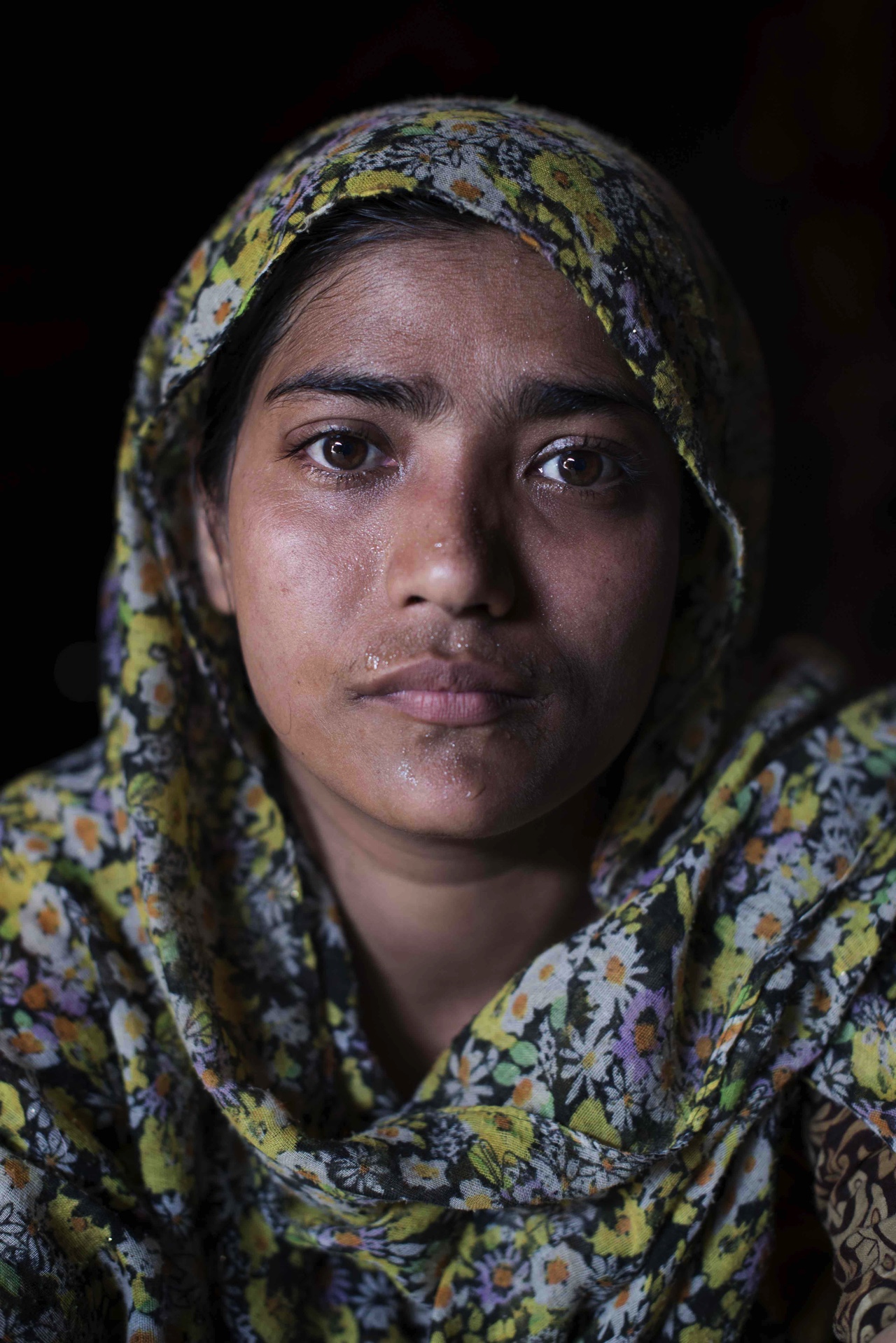
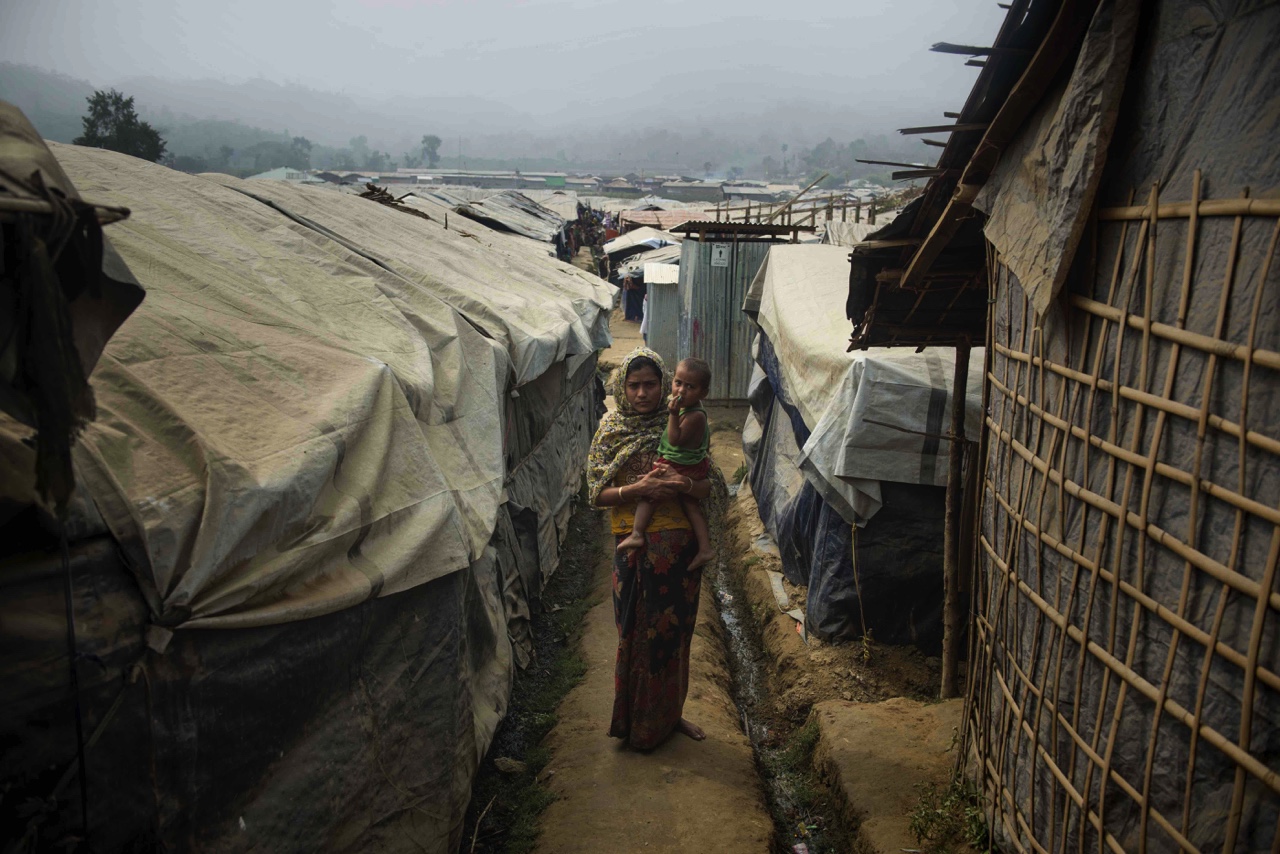
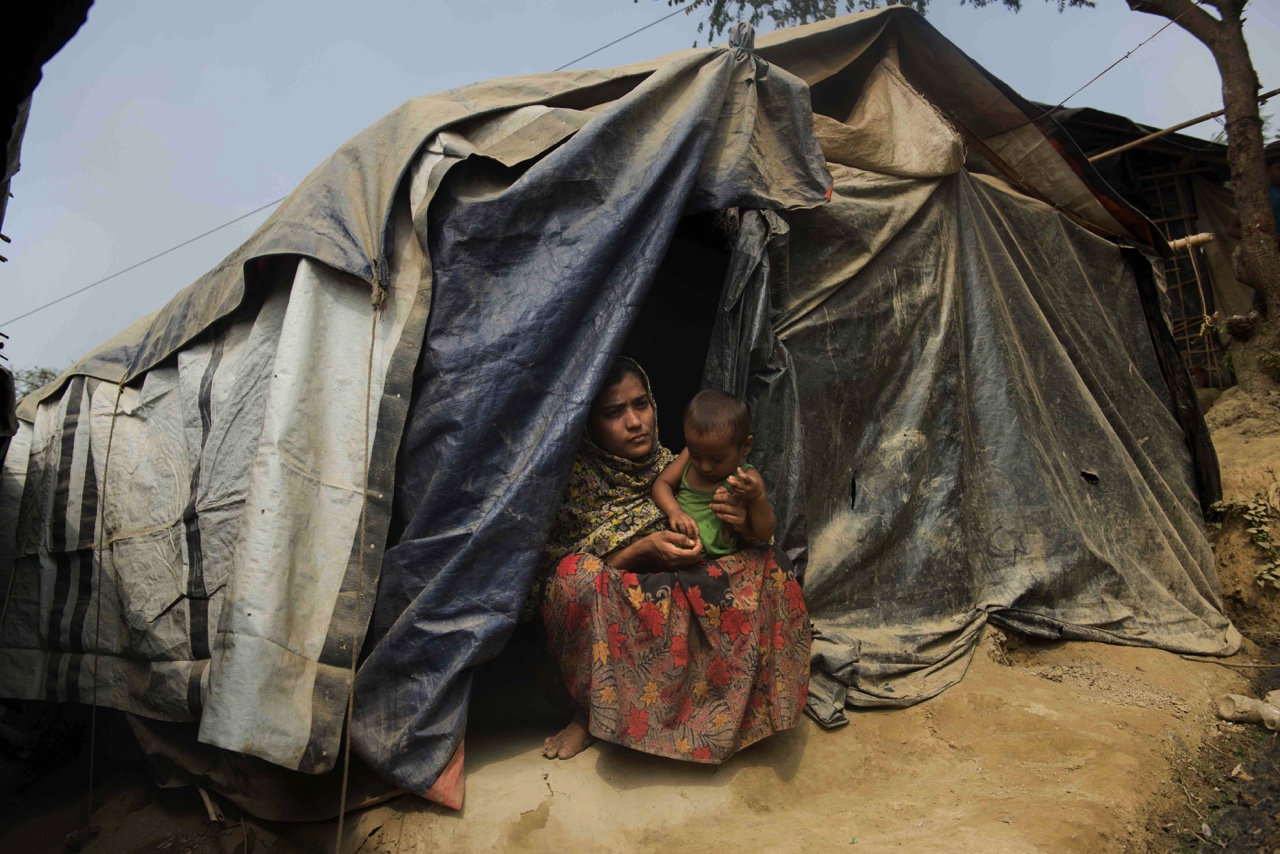
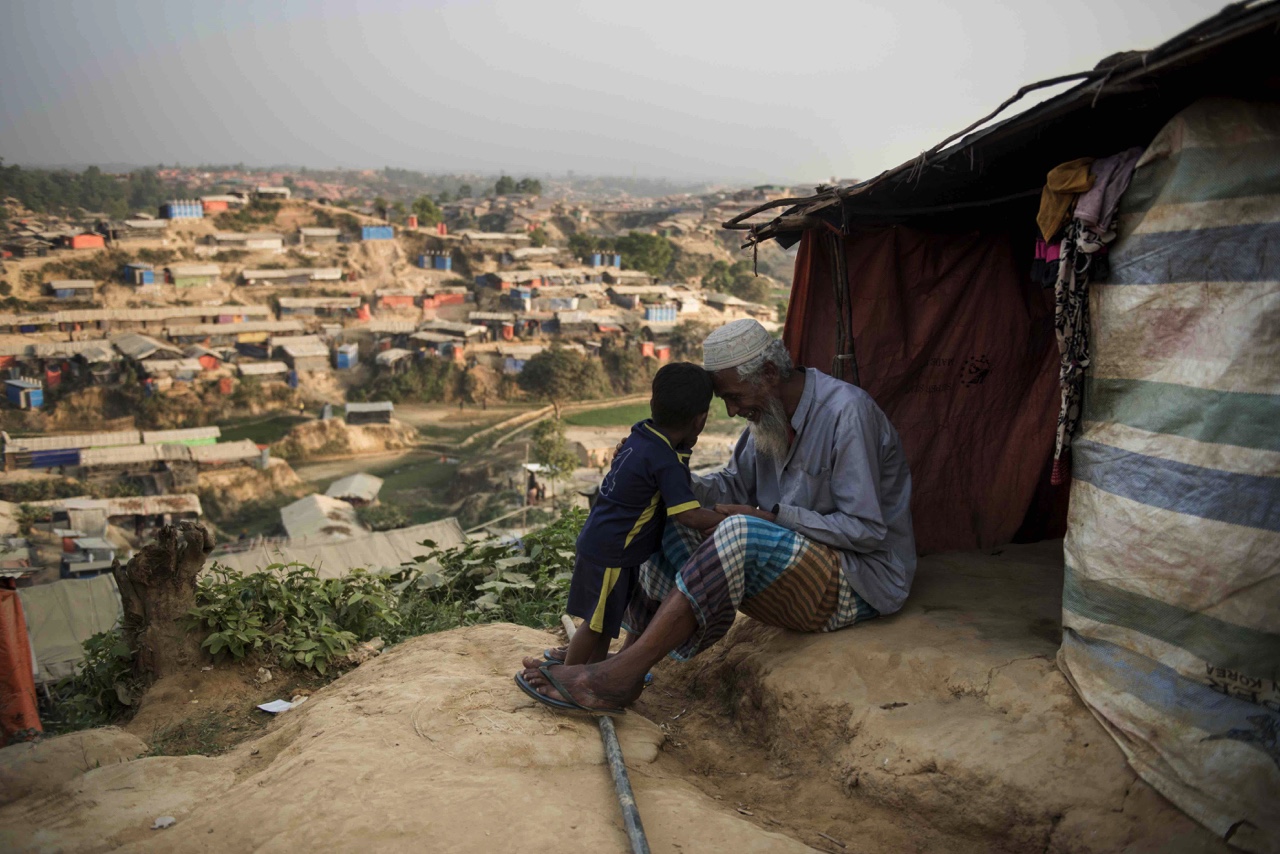
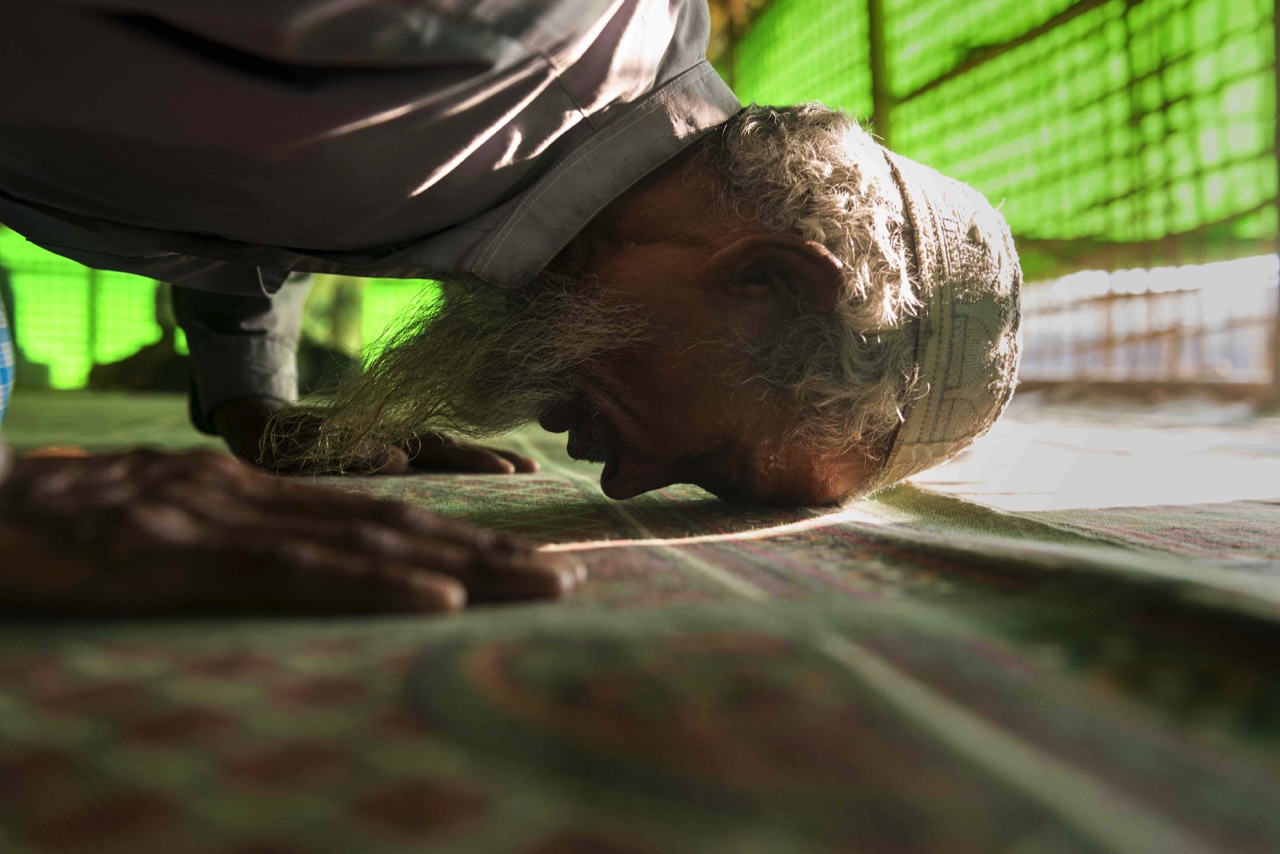
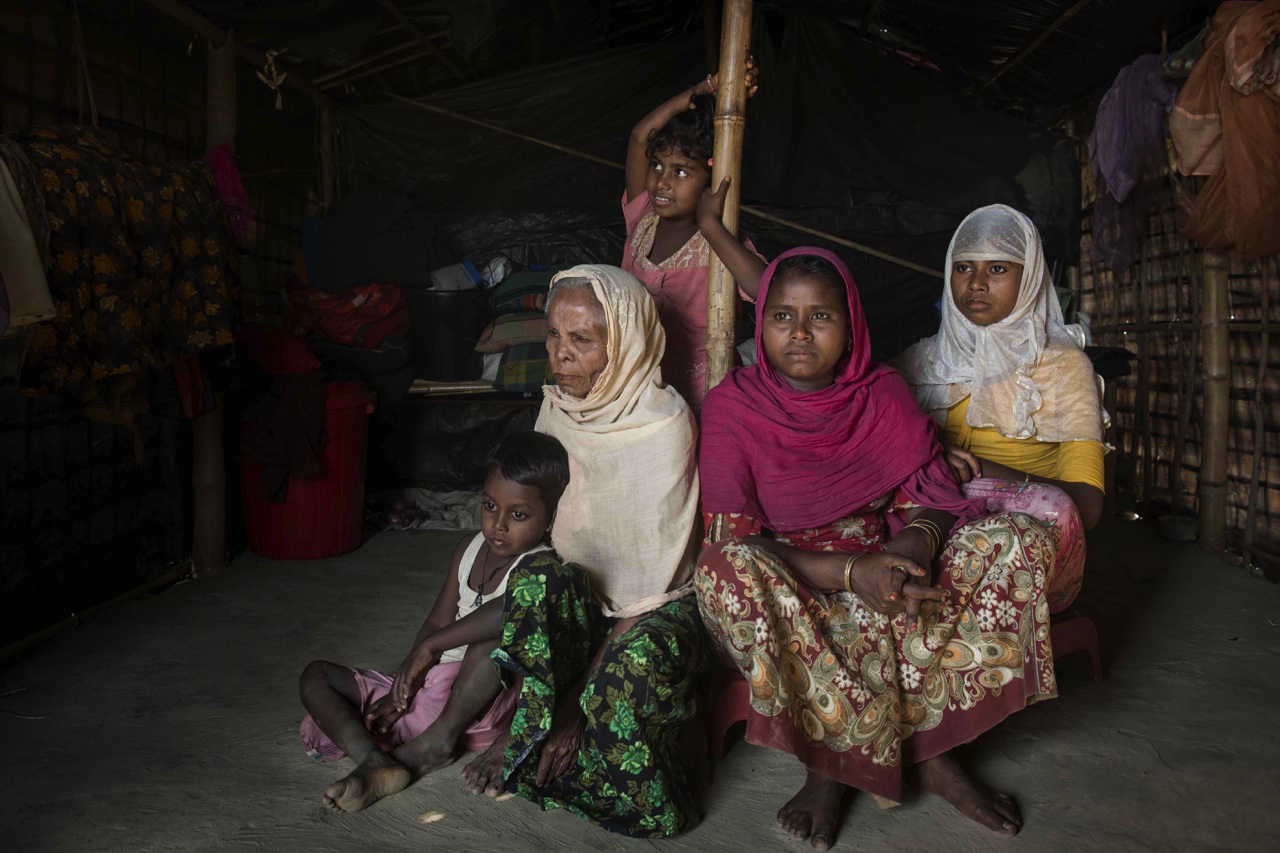
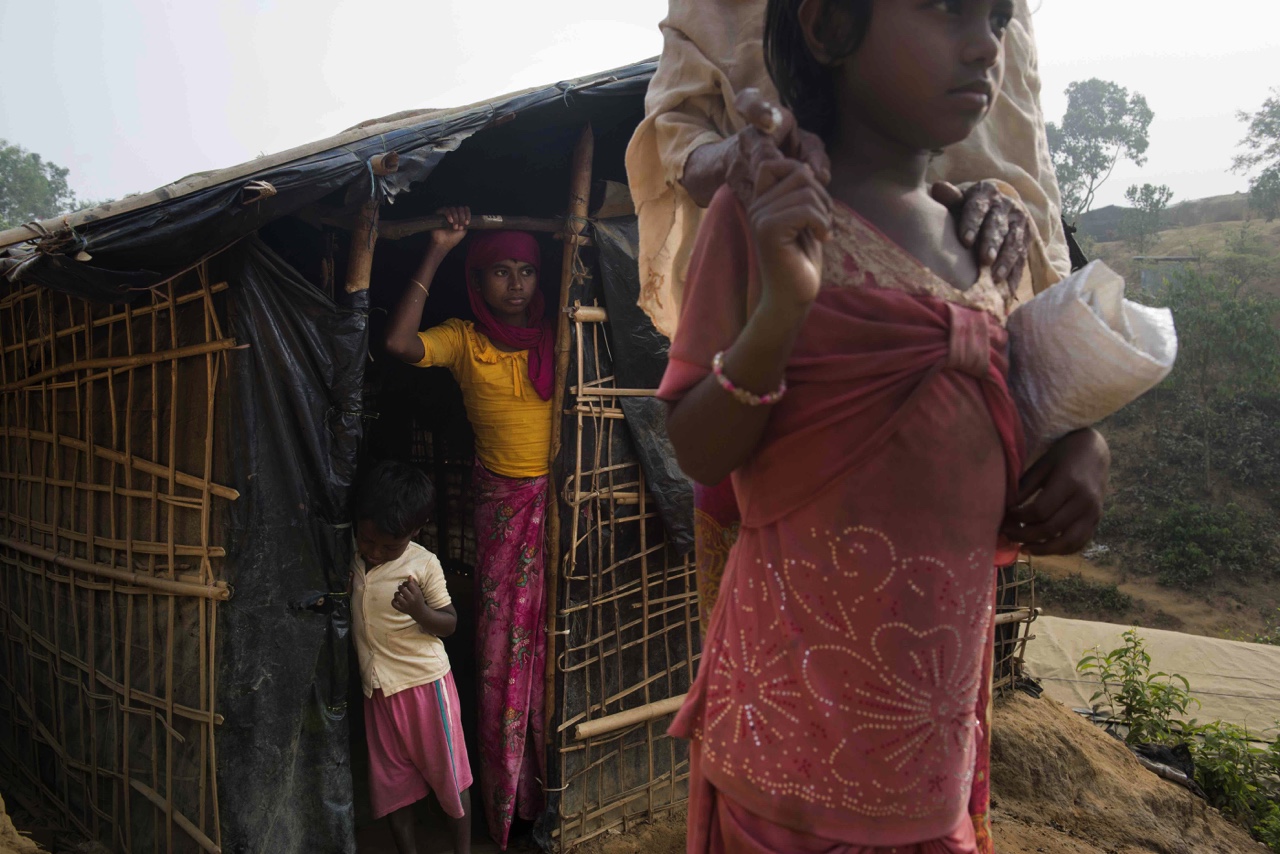
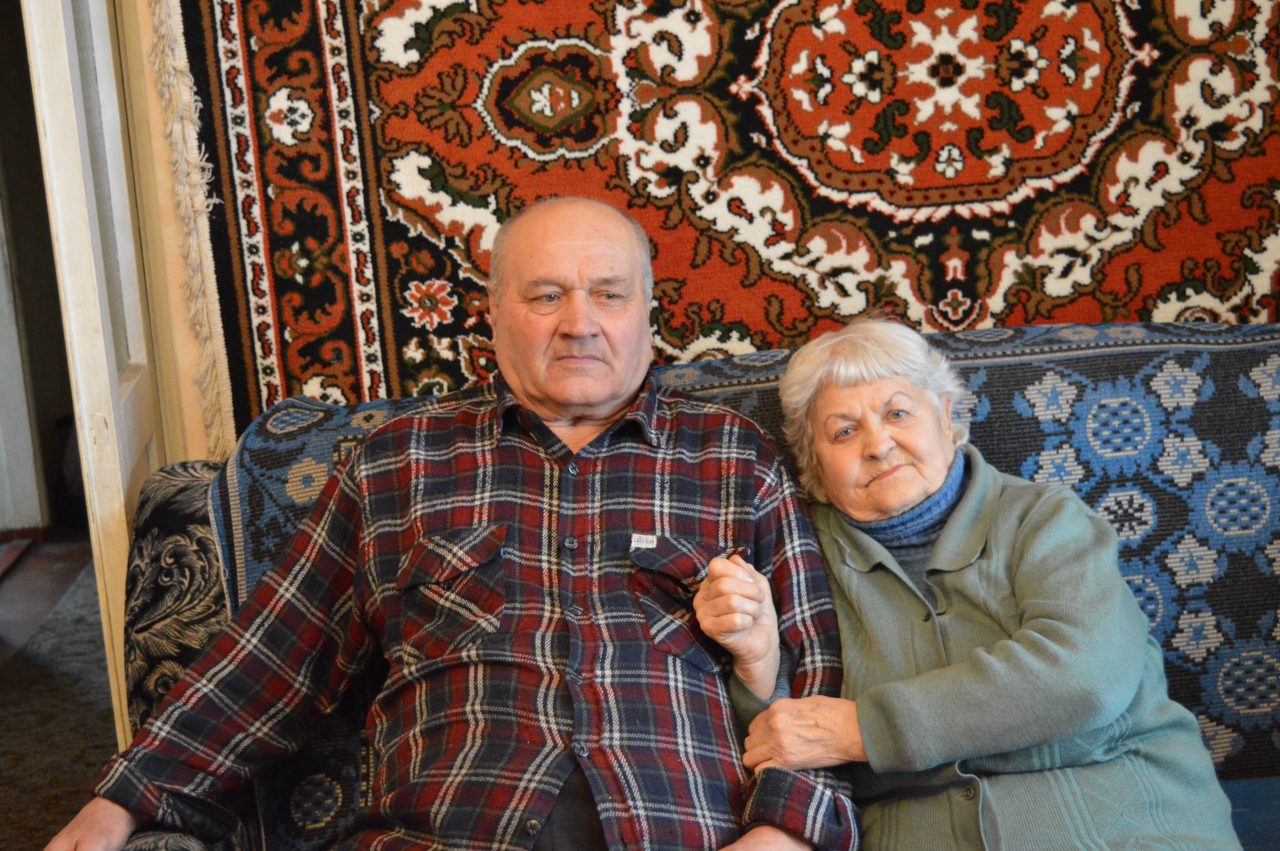






 Tech & Innovation
Tech & Innovation Climate Change
Climate Change Volunteers
Volunteers Health
Health Migration
Migration